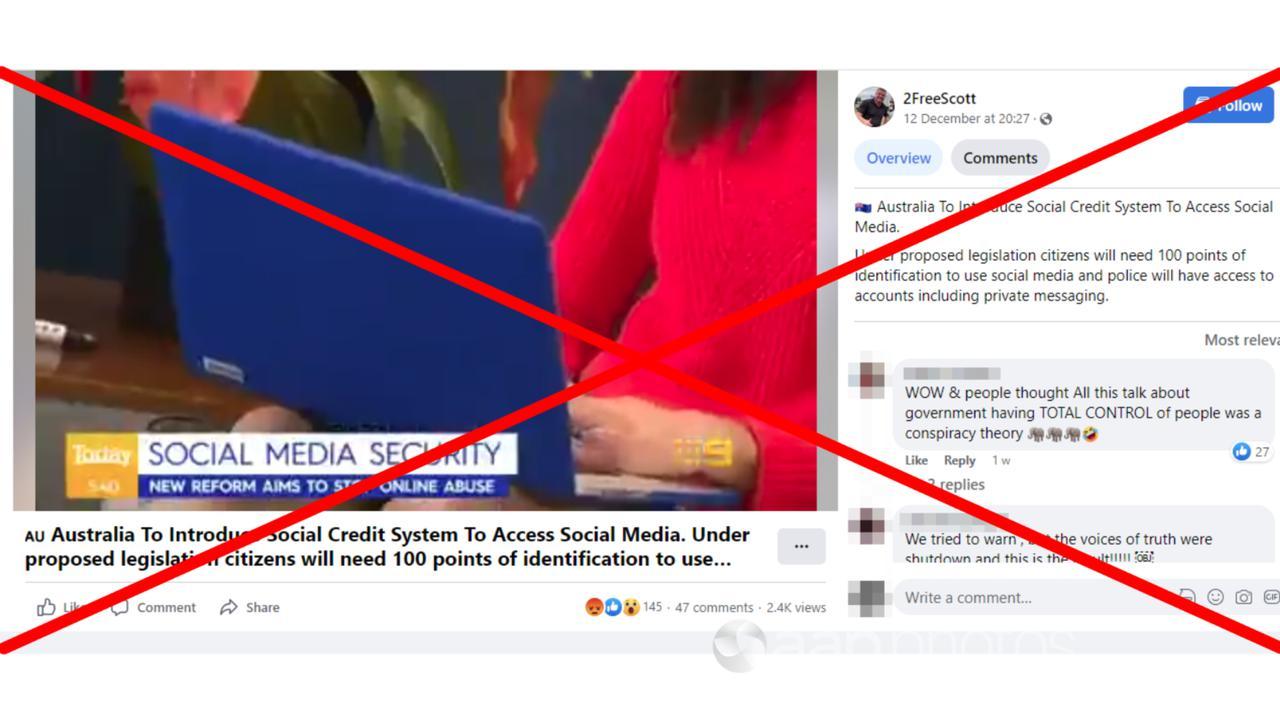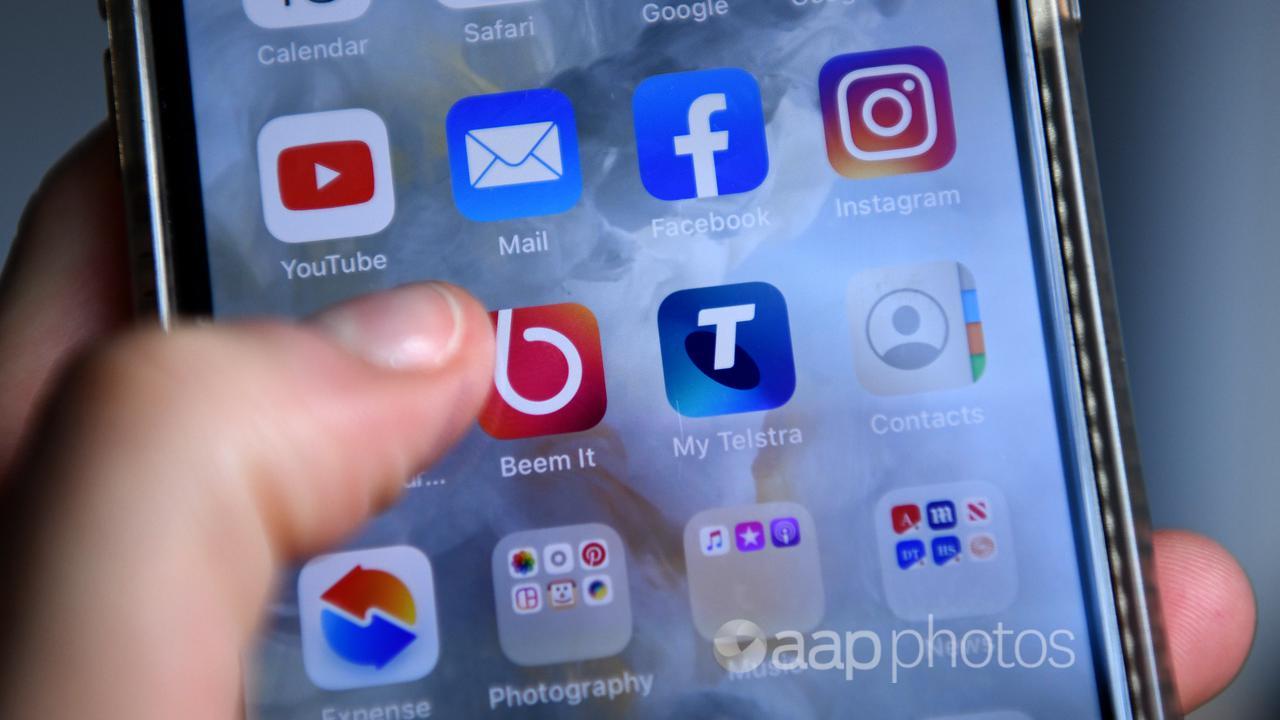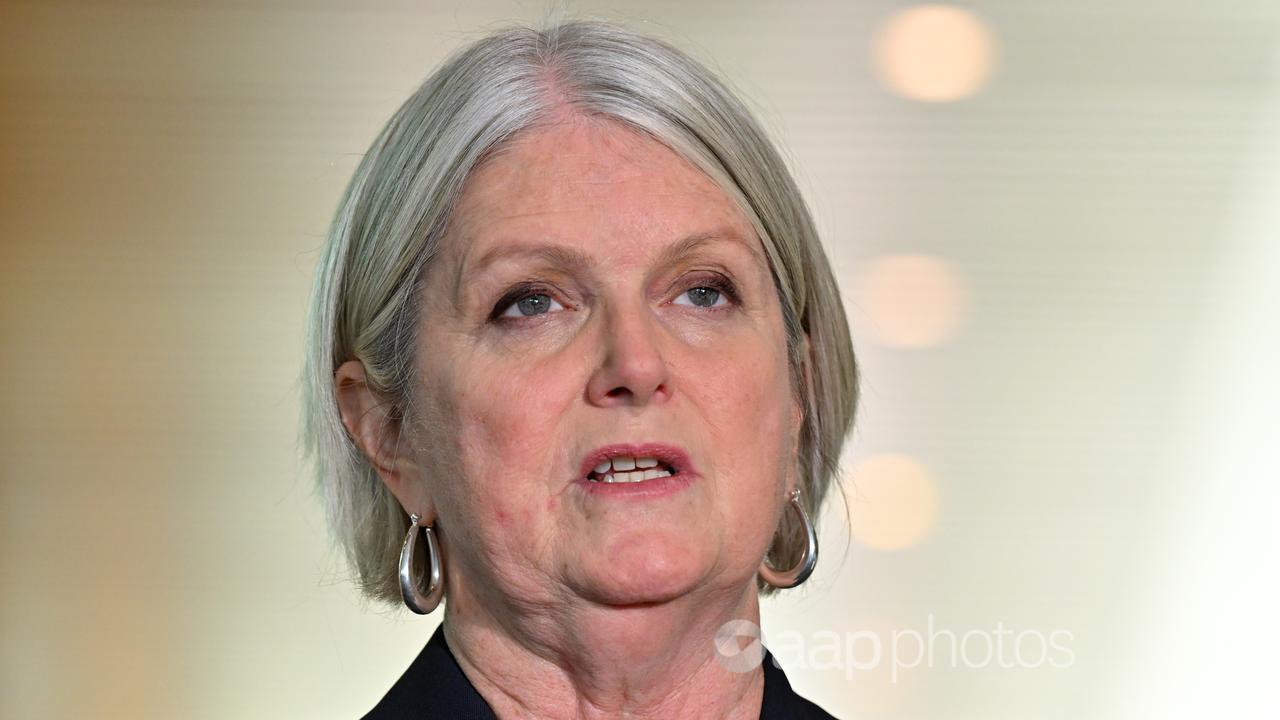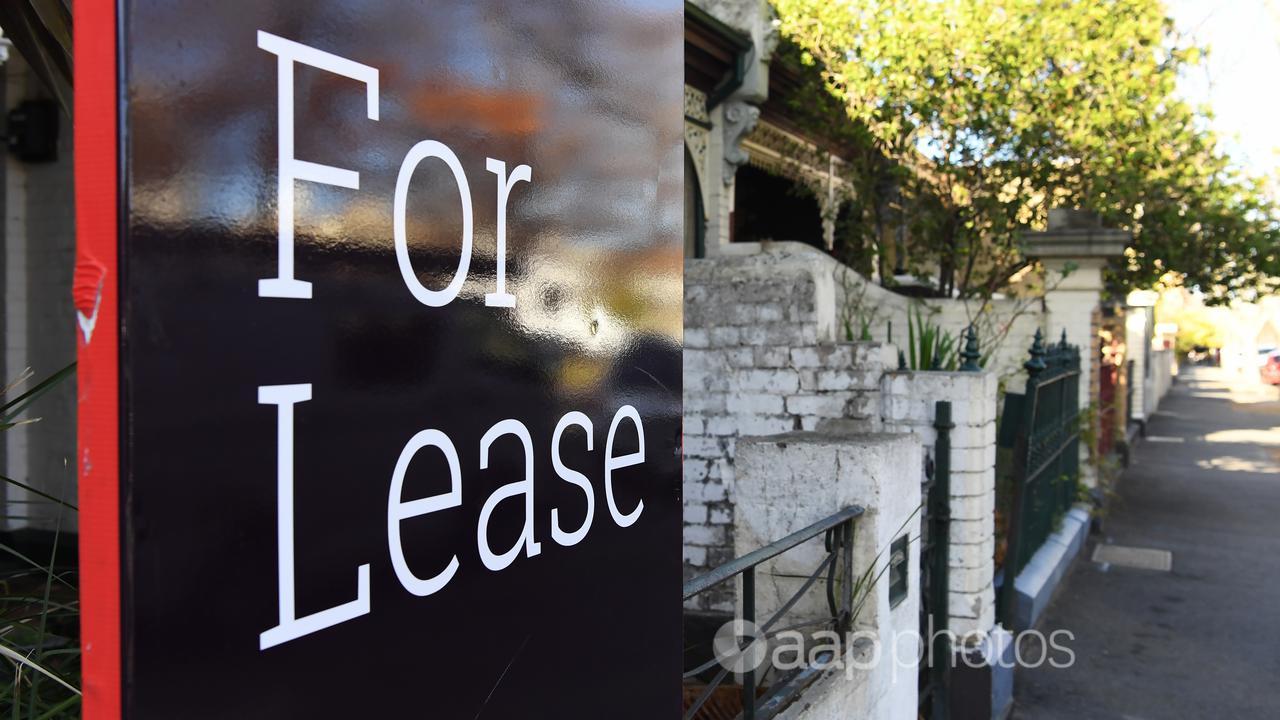A Facebook post claims the Australian government will launch a social credit system that gives police access to individual’s private messages.
The post (screenshot here), shared on December 12, includes a news clip about a proposal to make people present 100 points of identification to create social media accounts, similar to opening a bank account.
However, the claim is false. The news clip from April 2021 refers to a recommendation from a federal parliamentary committee’s inquiry that has never been put before parliament.
Even if it were legislated, experts told AAP FactCheck it would not give police access to social media accounts without proper checks and balances.
The post states: “Australia To Introduce Social Credit System To Access Social Media. Under proposed legislation, citizens will need 100 points of identification to use social media and police will have access to accounts including private messaging.”
Similar posts are being shared on Twitter and Reddit.

The news clip from Nine’s Today show on April 2, 2021, discusses one of 88 recommendations from the federal inquiry into family, domestic and sexual violence, which published its report the previous day.
Recommendation 30 (page xxxi) aimed to address technology-facilitated abuse and suggested: “In order to open or maintain an existing social media account, customers should be required by law to identify themselves to a platform using 100 points of identification in the same way as a person must provide identification for a mobile phone account, or to buy a mobile SIM card.”
The recommendation also proposed “regulating to enable law enforcement agencies to access a platform’s end-to-end encrypted data, by warrant, in matters involving a threat to the physical or mental wellbeing of an individual or in cases of national security” (page xxxii).
However, these proposals from the House of Representatives Standing Committee on Social Policy and Legal Affairs have never been put before parliament, have not become law and are not set to become law.
The Department of Social Services, which assisted the inquiry, told AAP FactCheck the report was used to help develop the National Plan to End Violence against Women and Children 2022-32, released in October 2022, but recommendation 30 was not included.
“The Australian government expects to provide a formal response to the inquiry’s report in 2023,” a departmental representative said in an email.

Experts told AAP FactCheck the recommendation was unlikely to ever become law because of logistical difficulties.
Melissa de Zwart, a professor of digital technology, security and governance at Flinders University, said it would require platforms to implement more checks and protocols for new users.
“It has been recommended for a long time by various entities that creating one (transferable and verified) account would be a major way of preventing identity fraud, online abuse, harassment, hate speech, defamation etc,” Professor de Zwart said in an email.
“But it hasn’t happened yet because it has met with a lack of enthusiasm from platforms and users alike.”
Prof de Zwart said the proposal’s potential costs were also a sticking point.
“Verification processes will add cost to complete and of course use of Facebook and most other social media platforms is free, so who will carry this cost?” she said.
Experts say even if it were legislated, the proposal would not significantly change the way authorities can access social media messages.

Jake Goldenfein, a senior lecturer at Melbourne Law School, said existing laws already provided police some access to accounts and private messages.
In particular, he said police used these powers as part of the ANOM sting.
The inquiry’s report said recommendation 30 would extend such powers to instances where there was reasonable belief of a serious offence involving a “threat to the physical or mental wellbeing of an individual or in cases of national security”.
However, Prof de Zwart said this was a high threshold and “could not be exercised without justification”.
The Verdict
A claim that Australia will launch a social credit system that allows police access to private messages on social media is false. It uses a news clip from April 2021 about a federal parliamentary inquiry’s recommendation which has never been legislated. There is no suggestion that it is set to be legislated.
Experts have told AAP FactCheck there have been no changes to law enforcement’s access to social media and the inquiry’s recommendation is unlikely to ever become law in Australia.
Even if recommendation 30 was made law, police would need to meet a high threshold to access private messages, experts said.
False – The claim is inaccurate.
* AAP FactCheck is an accredited member of the International Fact-Checking Network. To keep up with our latest fact checks, follow us on Facebook, Twitter and Instagram.
All information, text and images included on the AAP Websites is for personal use only and may not be re-written, copied, re-sold or re-distributed, framed, linked, shared onto social media or otherwise used whether for compensation of any kind or not, unless you have the prior written permission of AAP. For more information, please refer to our standard terms and conditions.


















